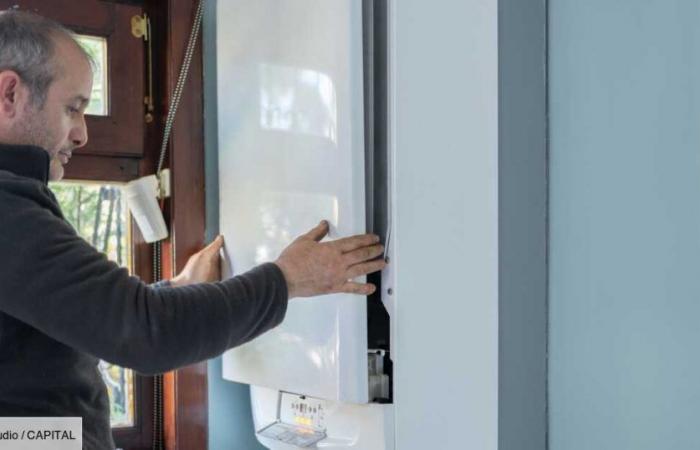© aquaArts studio
– The government hopes to increase its revenue by 200 million euros.
A hard blow for nearly 400,000 French people each year. After abandoning the idea of a ban on the sale of new gas boilers, the government is knocking on another door: that of taxation. Indeed, “to comply with European regulations and France’s decarbonization objectives”the 2025 budget project plans to increase the VAT on boilers at 20%against 5,5% currently for condensing models and 10% for the least efficient boilers.
With this increase in VAT, the government hopes to increase its revenue. 200 million euros. “The move to 20% corresponds to an unjustified, counterproductive and risky tax increase”denounces Jean-Charles Colas-Roy, president of the Coénove association, to The Tribune. “It will financially penalize the poorest households and this will favor electrical solutions that are inefficient because they are less expensive. I am thinking here of joule effect radiators, which display monstrous loss rates.” Because in fact, it sells for approximately 400,000 gas boilers every year in France.
Budget 2025: how Bercy ignored alarming confidential notes in the face of budgetary slippage
A less significant drop than expected for electricity
In addition, regarding electricity, the government plans a reduction limited to 9% in the regulated electricity tariff on February 1, as a result of the increase in a tax which should represent 3 billion euros in revenue for the State, according to the draft budget for 2025 presented Thursday. It’s about adapting “normal excise rates outside the tariff shield in order to guarantee the consumer a 9% reduction in the regulated sales rate in 2025 from February 1”indicates the text.
The amount of this tax, which will exceed its amount before the energy crisis, will be set by decree in February, according to Bercy. The objective is to “take into account the strong uncertainty over tax-free prices (the cost of supply, editor’s note) which will last until the end of December 2024”it is specified in the finance bill (PLF). This increase above the level that prevailed before the energy crisis caused turmoil within the government. There Energy Regulatory Commission (CRE) announced in September that the French could expect a drop in“at least 10%”.






